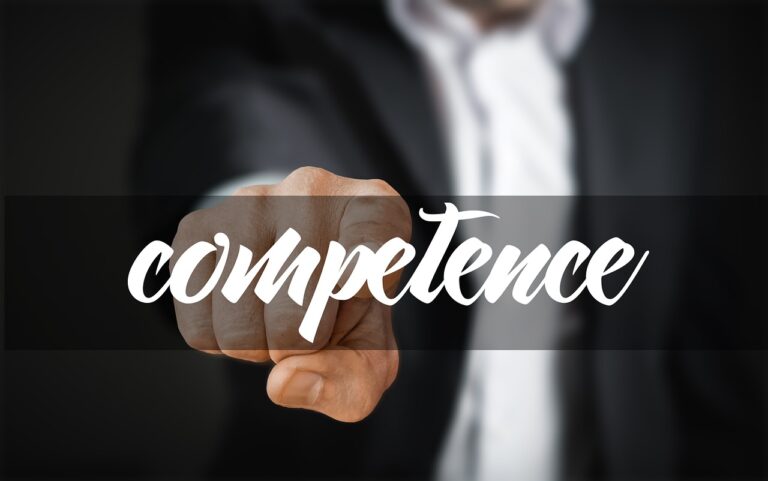Business Review: CRM Implementation Strategies for Building Material Retailers
all panel 777, lesar247, 99 exch:Business Review: CRM Implementation Strategies for Building Material Retailers
In today’s competitive business landscape, it’s crucial for building material retailers to stay ahead of the game and effectively manage customer relationships. Customer Relationship Management (CRM) systems can be a game-changer for these retailers, helping them streamline operations, improve customer service, and drive sales. In this article, we’ll explore some key CRM implementation strategies that can benefit building material retailers.
1. Understand Your Customers
The first step in implementing a successful CRM system is to truly understand your customers. What are their preferences, buying behaviors, and pain points? By collecting and analyzing customer data, retailers can tailor their marketing efforts and sales strategies to better meet the needs of their target audience.
2. Choose the Right CRM Platform
There are many CRM platforms available on the market, each offering different features and functionalities. It’s important for building material retailers to choose a CRM platform that aligns with their specific business needs and goals. Look for a platform that offers robust contact management, lead tracking, and reporting capabilities.
3. Train Your Staff
Implementing a CRM system is not just about technology; it also involves training your staff on how to use the system effectively. Make sure your employees are comfortable with the new CRM platform and understand its features and benefits. This will help ensure a smooth transition and maximize the ROI of your CRM investment.
4. Integrate Your CRM with Other Systems
To get the most out of your CRM system, consider integrating it with other business systems such as inventory management, accounting, and marketing automation. This seamless integration can help streamline operations, improve data accuracy, and provide a more holistic view of your customers.
5. Personalize Customer Interactions
One of the key benefits of CRM systems is the ability to personalize customer interactions. By tracking customer preferences and purchase history, retailers can send targeted marketing messages, recommend products, and provide timely customer service. This personalization can help foster stronger customer relationships and drive repeat business.
6. Measure and Analyze Results
Once your CRM system is up and running, it’s important to regularly measure and analyze its impact on your business. Track key performance indicators such as sales growth, customer retention rates, and customer satisfaction levels. Use this data to make informed decisions and continuously optimize your CRM strategy.
FAQs
Q: How long does it take to implement a CRM system for a building material retailer?
A: The timeline for CRM implementation can vary depending on the complexity of the system and the size of the retailer. On average, implementation can take anywhere from a few weeks to a few months.
Q: What are the costs associated with CRM implementation?
A: The costs of CRM implementation can vary depending on the CRM platform chosen, the level of customization required, and the size of the retailer. Costs may include software licensing fees, implementation and training costs, and ongoing support and maintenance fees.
Q: How can CRM systems help building material retailers improve customer service?
A: CRM systems can help building material retailers improve customer service by providing a centralized database of customer information, enabling more personalized interactions, and tracking customer inquiries and complaints for quick resolution.
In conclusion, CRM systems can be a valuable tool for building material retailers looking to streamline operations and improve customer relationships. By following these CRM implementation strategies, retailers can unlock the full potential of their CRM system and drive business growth.







